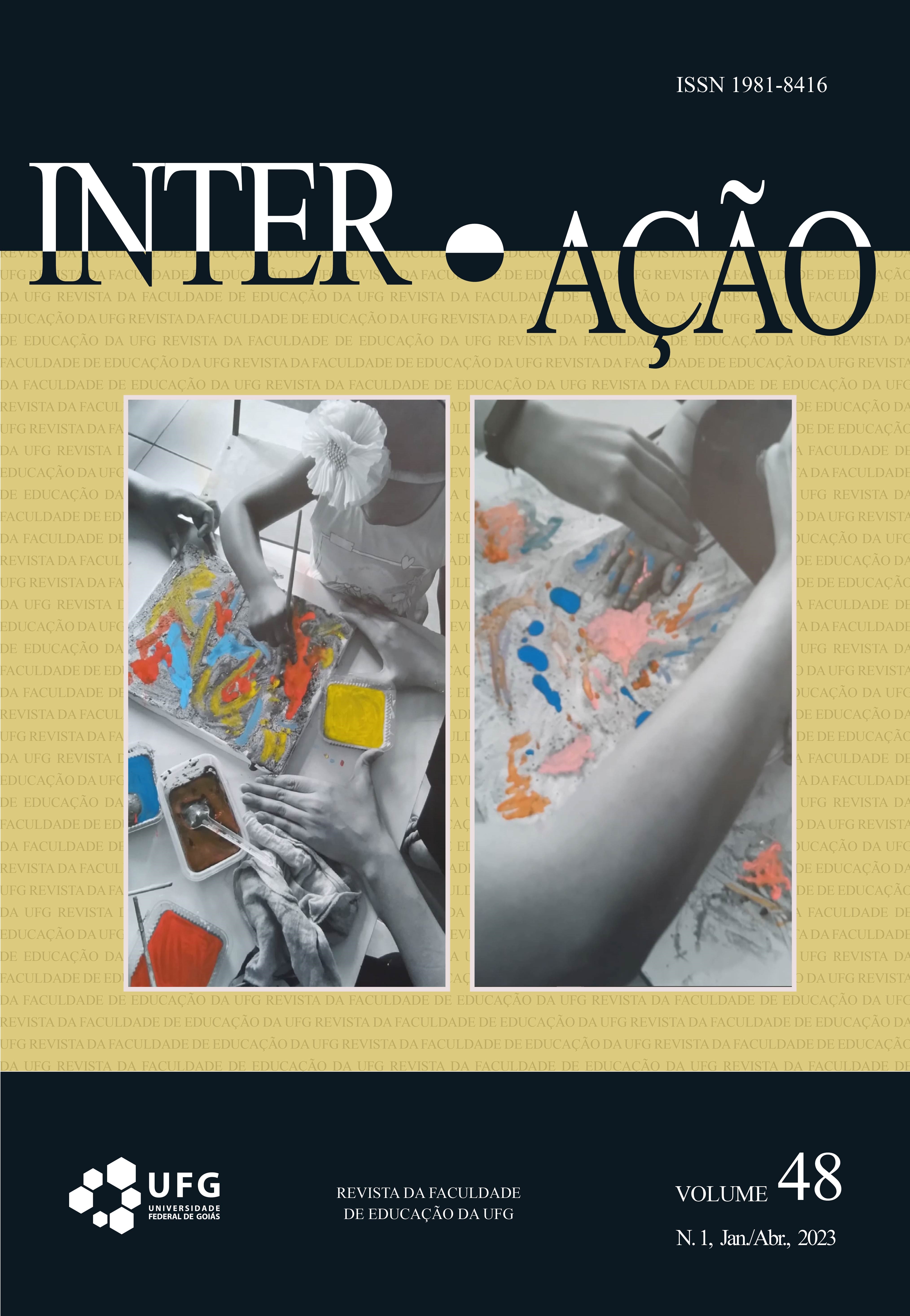THE BLACK UNIVERSITY MOVEMENT THROUG THE EYES OF ACADEMIC LITERACIES: TRANSFORMATIVE PRACTICES AND ACADEMIC BELONGING
DOI:
https://doi.org/10.5216/ia.v48i1.74965Abstract
This article, based on the studies of literacies as a social practice and ethnic-racial relations, aims to look at the black movement pointing out elements that characterize it as an agent of academic literacy. For a better understanding of this aspect, a field research was carried out with a group of black students from a Brazilian public university based on an ethnographic study as a theoretical-methodological approach. As a result, it was possible to infer that the agency of the academic black movement presents an affirmative aspect that fosters a gradual transformation of academic literacies, both through the persuit for effective belonging of black population in the university and through the insertion of their history, knowledge and trajectories.
KEYWORDS: Black Movement; Academic Literacies; Transformation; University.
Downloads
Published
How to Cite
Issue
Section
License
Copyright (c) 2023 Juliana Silva Santos

This work is licensed under a Creative Commons Attribution-NonCommercial 4.0 International License.
Inter-Ação uses the Creative Commons Attribution 4.0 License for Open Access Journals (Open Archives Initiative - OAI) as the basis for the transfer of rights. Open access means making documents available on the Internet free of charge, so that users can read, download, copy, distribute, print, search, or link to the full text of documents, process them for indexing, use them as input data for software programs, or use them for any other lawful purpose, without financial, legal, or technical barriers.
Authors publishing in this journal agree to the following conditions:
1) Authors retain copyright and grant the journal the right of first publication, with the work simultaneously licensed under the Creative Commons Attribution License, which permits redistribution of the work with attribution and first publication in this journal.
2) Authors are permitted to enter into additional, separate agreements for non-exclusive distribution of the version of the work published in this journal (e.g., for publication in an institutional repository or as a book chapter), with attribution and first publication in this journal.
3) Authors are permitted and encouraged to publish and distribute their work online (e.g. in institutional repositories or on their home page) at any time before or during the editorial process, as this may generate productive changes as well as increase the impact and citation of the published work.















